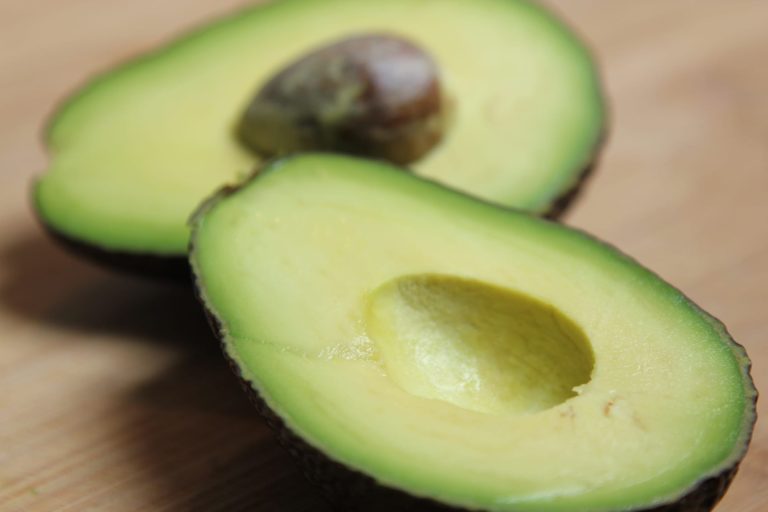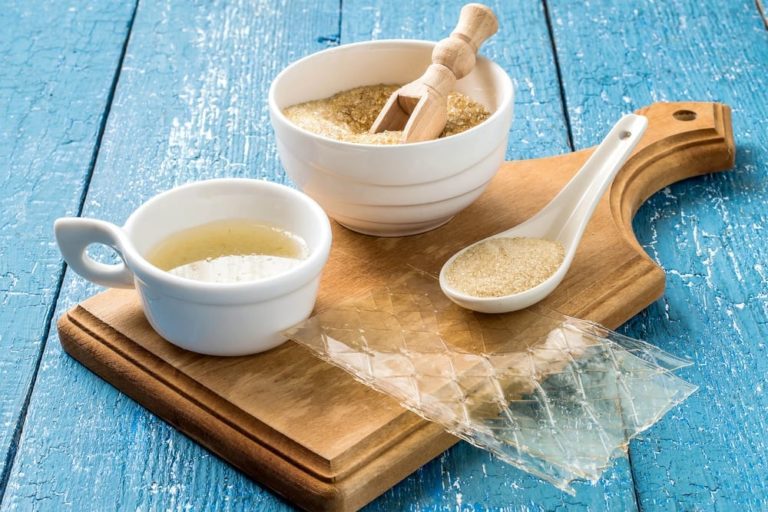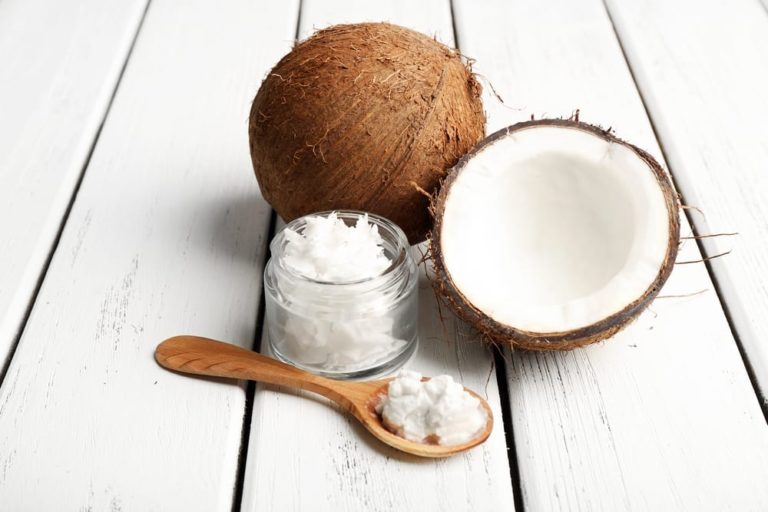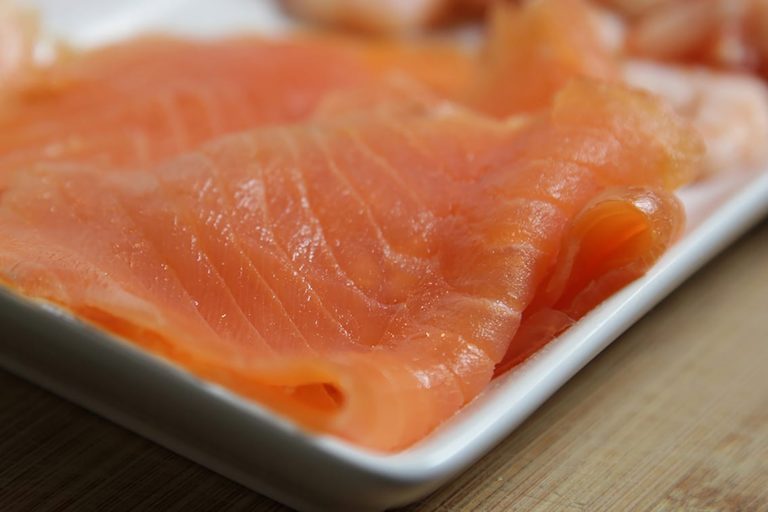Read correctly. Your cells can digest themselves.
When certain signals are present, a cell begins to break down components of itself. Then proteins or entire cell organelles – e.g. mitochondria – are broken down into their individual parts and recycled.
This process is called autophagy or – more scientifically – autophagocytosis.
Autophagy is controlled by complex molecular processes. Because nothing would be more stupid than if suddenly cells just randomly started their own degradation here and there. No, the whole thing has to be highly organized and controlled, of course.
The enzymes mTOR and AMPK, for example, are also involved in regulation. Together, they measure how much energy and nutrients (e.g. amino acids) are available to the cell. Then it is decided whether there is enough energy to build new cell structures or whether it is better to economize on energy. If they decide for autophagy, old cell components are degraded, which can be replaced anyway and are dispensable at the moment. The components obtained from this are used to build up indispensable cell components to ensure the survival of the cell even under difficult conditions.
Saving energy and nutrients is not the only reason this mechanism exists in our cells. Other functions of autophagy include:
- Protection against foreign bodies: When viruses or bacteria enter cells, they can be rendered harmless by the “eat things that are in the cell” mechanism.
- Maintenance and repair: If organelles and proteins have been damaged or directly assembled incorrectly, they are degraded by autophagy and can be correctly re-created from scratch. Time and again, however, a faulty protein makes it past the control mechanism and is not digested. This could be one of the reasons for cell aging.
- Controlled cell death: When a cell is so damaged that there is no salvage, controlled cell death is initiated. Autophagy is often observed in parallel. However, it is not yet known whether this is to support cell death or whether it is the cell’s last attempt to save itself.
You may have heard that calorie restriction is supposed to prolong life. This has been confirmed several times, at least in animal experiments. The mechanism behind this is almost certainly autophagy. Cell components are broken down and rebuilt more frequently. This minimizes defective particles.
However, if you want to benefit from the effects of calorie restriction, you don’t have to starve yourself at all. Intermittent fasting also promotes cell autophagy.
Abbreviations and technical terms
mTOR = “mechanistic Target of Rapamycin”, formerly “mammalian Target of Rapamycin”; an enzyme involved in cell growth, survival and further development.
AMPK = “AMP-activated protein kinase”; an enzyme that regulates the assembly of the body’s own structures.
AMP = adenosine monophosphate; part of the energy metabolism of cells.
Organelle = a small “organ” of the cell, for example a mitochondrion.
Amino acids = building blocks of proteins.
Calorie restriction = The conscious restriction of calorie intake / consciously eating so little that you are still hungry.










